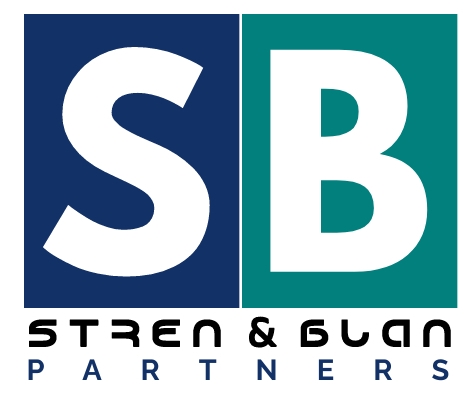In a significant move to bolster Nigeria’s capital market, President Bola Ahmed Tinubu signed the Investment and Securities Act (ISA) 2025(the “Act”) into law on March 29, 2025. The Act replaces the ISA 2007 and introduces far reaching reforms aimed at modernizing Nigeria’s investment framework.
This landmark legislation aimed at bringing the Nigerian capital market at par with its global competitors introduces a more robust legal framework to enhance market transparency, improve regulatory oversight, strengthen investor protectionand promote economic growth by attracting both local and foreign investments, thus, ensuring that Nigeria’s capital market remains resilient and competitive in the global financial ecosystem.
KEY HIGHLIGHTS OF THE ACT
Some of the key provisions of the new legislation include:

